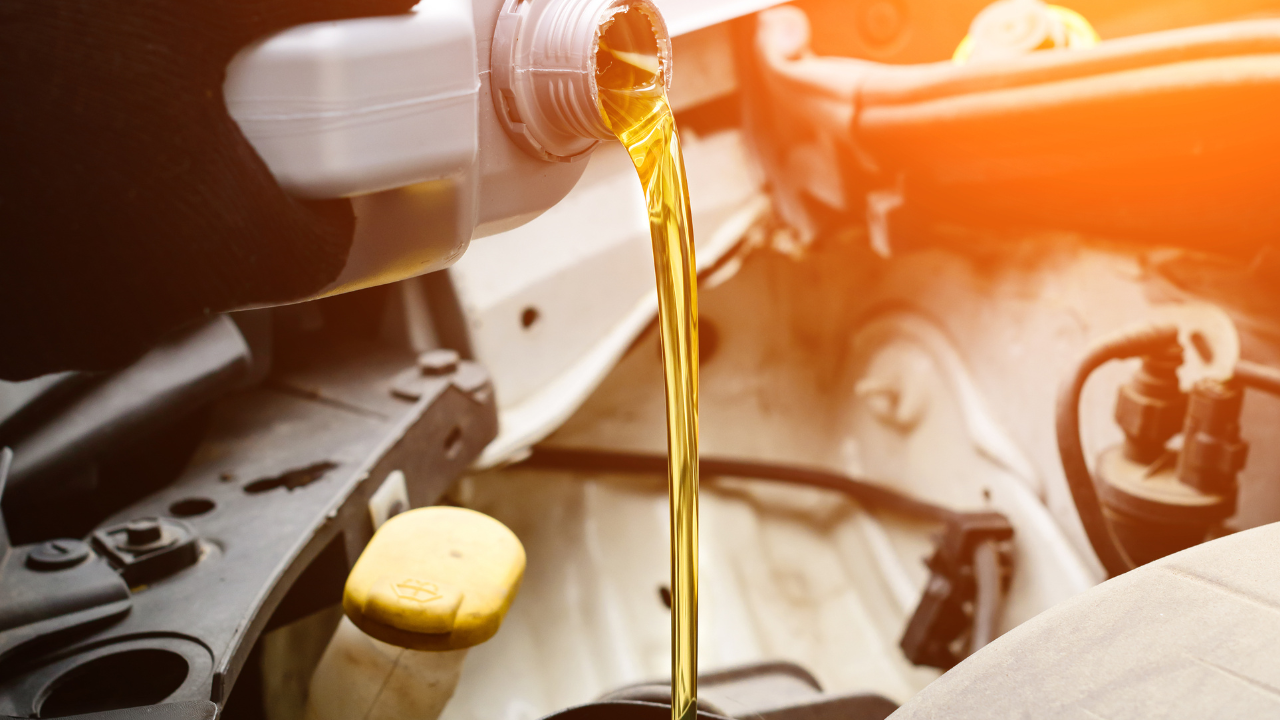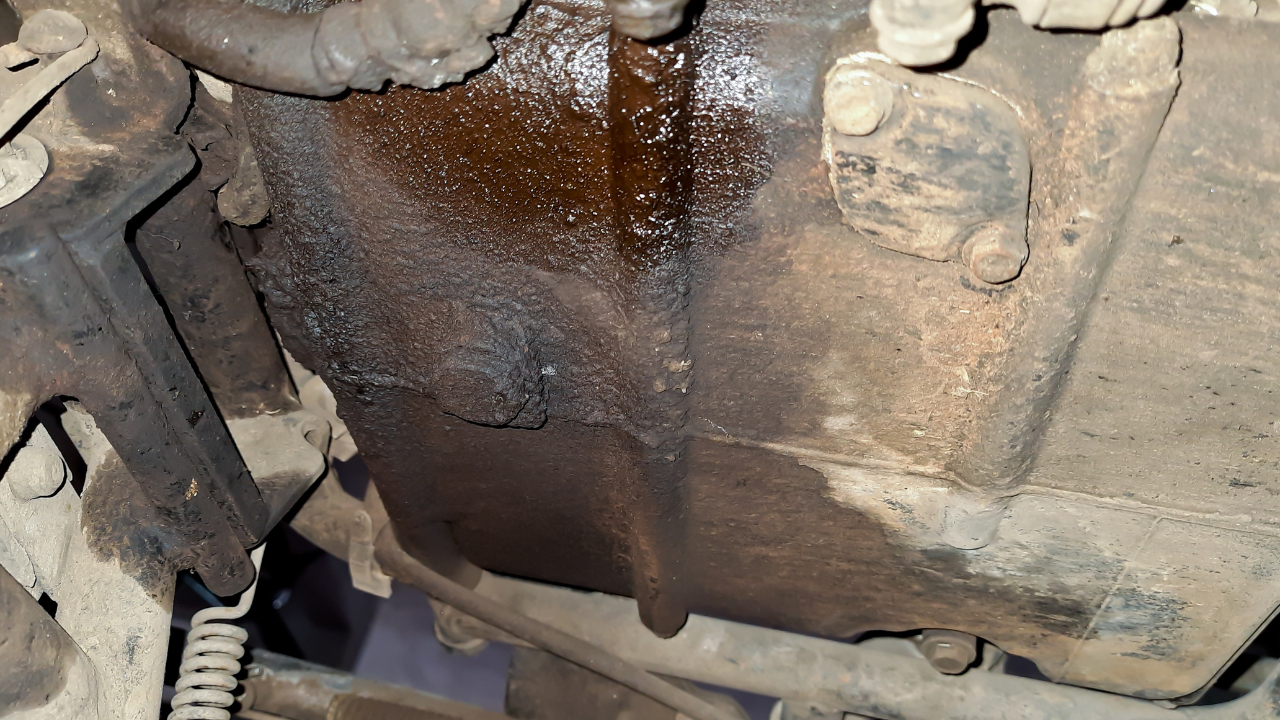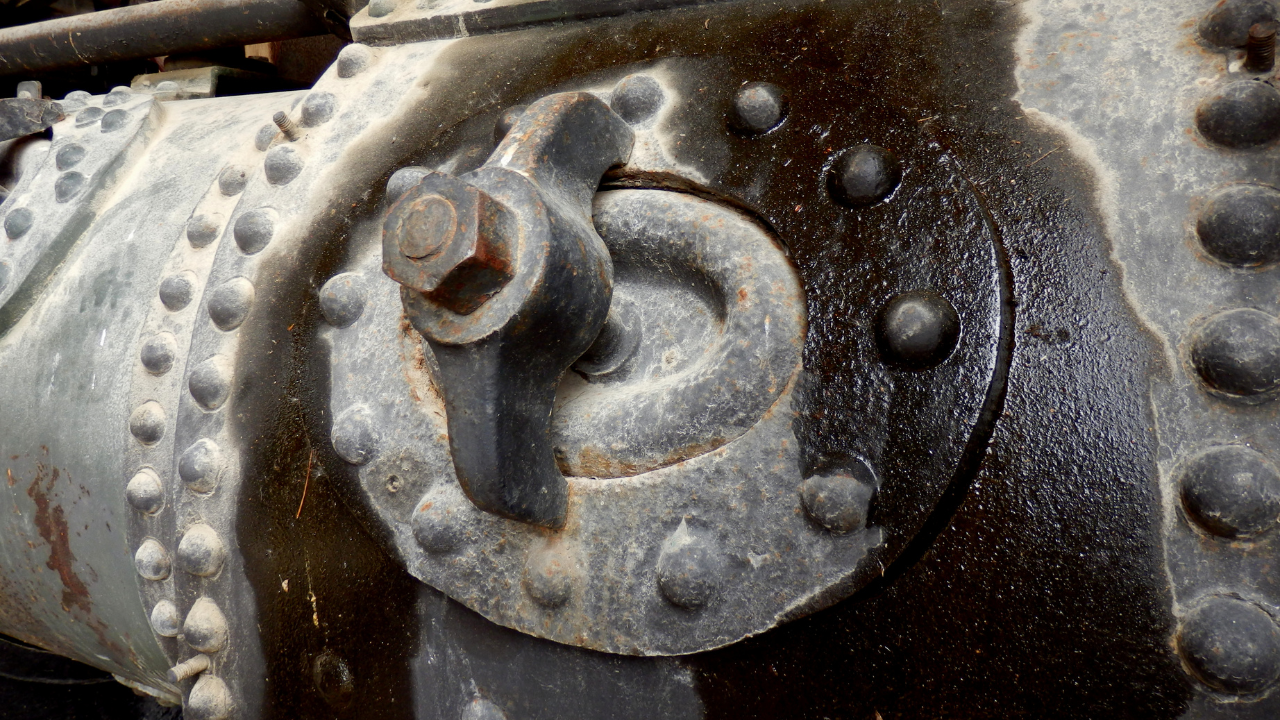Oil leaks in cars are a common issue many vehicle owners encounter at some point in their ownership journey. These leaks can stem from various sources within the engine and can lead to a range of problems if left unaddressed. Understanding the different types of oil leaks in cars, their potential locations, underlying causes, and appropriate fixes is crucial for maintaining the performance and longevity of your vehicle.
Table of Contents
ToggleTypes of Oil Leaks in Cars

Valve Cover Gasket Leaks
Valve cover gaskets are essential components that seal the valve covers to the cylinder head. Over time, these gaskets can deteriorate due to heat and engine vibrations, leading to Oil leaks in cars. Common signs of a valve cover gasket leak include visible oil seepage around the valve covers and a burning oil smell emanating from the engine bay. Replacing the valve cover gasket is the most effective solution for addressing this type of leak.
Oil Pan Gasket Leaks
The oil pan is located underneath the engine and holds the engine oil. A gasket seals the oil pan to the engine block to prevent leaks. However, this gasket can degrade over time, causing oil to seep out. Symptoms of an oil pan gasket leak may include oil puddles forming underneath the vehicle and a drop in oil levels. Repairing an oil pan gasket leak involves removing the oil pan, replacing the gasket, and reattaching the pan securely.
Rear Main Seal Leaks
The rear main seal is situated at the back of the engine, where the crankshaft connects to the transmission. A worn or damaged rear main seal can leak oil from this area. Signs of a rear main seal leak include oil pooling at the rear of the engine or transmission bell housing and a noticeable decrease in oil levels. Fixing a rear main seal leak typically requires extensive labor, as it involves removing the transmission to access the seal.
Camshaft Seal Leaks
Camshaft seals are responsible for preventing oil from escaping around the camshaft. When these seals fail, oil can leak into the engine or transmission. Symptoms of a camshaft seal leak may include oil accumulation around the camshaft housing and a burning oil smell during driving. Replacing the camshaft seals is necessary to resolve this issue and prevent further oil leaks.
Possible Locations of Oil Leaks

Engine Oil Filter Housing
The engine oil filter housing is a common location for oil leaks, especially if the oil filter or its housing is improperly installed or damaged. Inspecting the oil filter housing and its seal can help identify and address leaks in this area.
Oil Cooler Lines
Oil cooler lines transport oil to and from the engine’s cooling system. Leaks can occur if these lines become corroded, worn, or damaged. Checking the oil cooler lines for signs of leakage and replacing any faulty components can prevent Oil leaks in cars and ensure proper engine cooling.
Oil Pressure Switch
The oil pressure switch is responsible for monitoring oil pressure and activating warning lights or gauges if pressure levels drop too low. A faulty oil pressure switch can develop leaks over time, leading to oil seepage around the switch. Replacing the oil pressure switch can resolve this issue and prevent further leaks.
Oil Drain Plug
The oil drain plug is used to drain engine oil during oil changes. If the drain plug is not properly tightened or the sealing washer is worn, oil leaks can occur. Inspecting the oil drain plug and replacing the sealing washer as needed can prevent leaks during routine maintenance.
Reasons for Oil Leaks

Wear and Tear
Over time, the various seals, gaskets, and components in the engine can degrade due to heat, pressure, and friction. This wear and tear can lead to oil leaks as the sealing properties of these components diminish.
Improper Installation
In some cases, Oil leaks in cars can occur due to improper installation of engine components, such as gaskets, seals, or filters. Insufficient tightening or incorrect placement can compromise the integrity of these parts, resulting in leaks.
High Mileage
Vehicles with high mileage are more prone to experiencing oil leaks due to the prolonged wear and tear on engine components. Regular maintenance and inspections can help detect and address potential leaks before they escalate.
Environmental Factors
Extreme temperatures, road debris, and exposure to harsh chemicals can all contribute to the deterioration of engine components and increase the likelihood of oil leaks. Protecting the engine from these environmental factors can help mitigate the risk of leaks.
Solutions for Oil Leaks
Regular Maintenance
Routine maintenance, including oil changes and inspections, is crucial for identifying and addressing potential oil leaks before they escalate. Following the manufacturer’s recommended maintenance schedule can help prevent leaks and ensure the optimal performance of your vehicle.
Proper Installation
When replacing engine components or performing maintenance tasks, ensure that all parts are installed correctly and securely. Tighten bolts and fasteners to the specified torque settings and use quality seals and gaskets to minimize the risk of leaks.
Addressing Wear and Tear
If Oil leaks in cars are detected, promptly address the underlying issues by replacing worn or damaged seals, gaskets, or components. Ignoring leaks can lead to further damage and more costly repairs down the line.
Seek Professional Assistance
If you’re unsure about diagnosing or repairing oil leaks in cars, seek assistance from a qualified mechanic or automotive technician. They have the expertise and equipment to accurately identify the source of the leak and perform the necessary repairs to restore your vehicle’s integrity.
Conclusion
Oil leaks in cars can stem from various sources within the engine and transmission, posing potential safety hazards and compromising the vehicle’s performance. By understanding the different types of oil leaks, their possible locations, underlying causes, and appropriate fixes, you can take proactive measures to prevent and address leaks before they escalate. Regular maintenance, proper installation, and timely repairs are essential for maintaining the health and longevity of your vehicle’s engine and ensuring a smooth driving experience.
Don’t stay stuck; reach out to Crossroads helpline for expert assistance!

